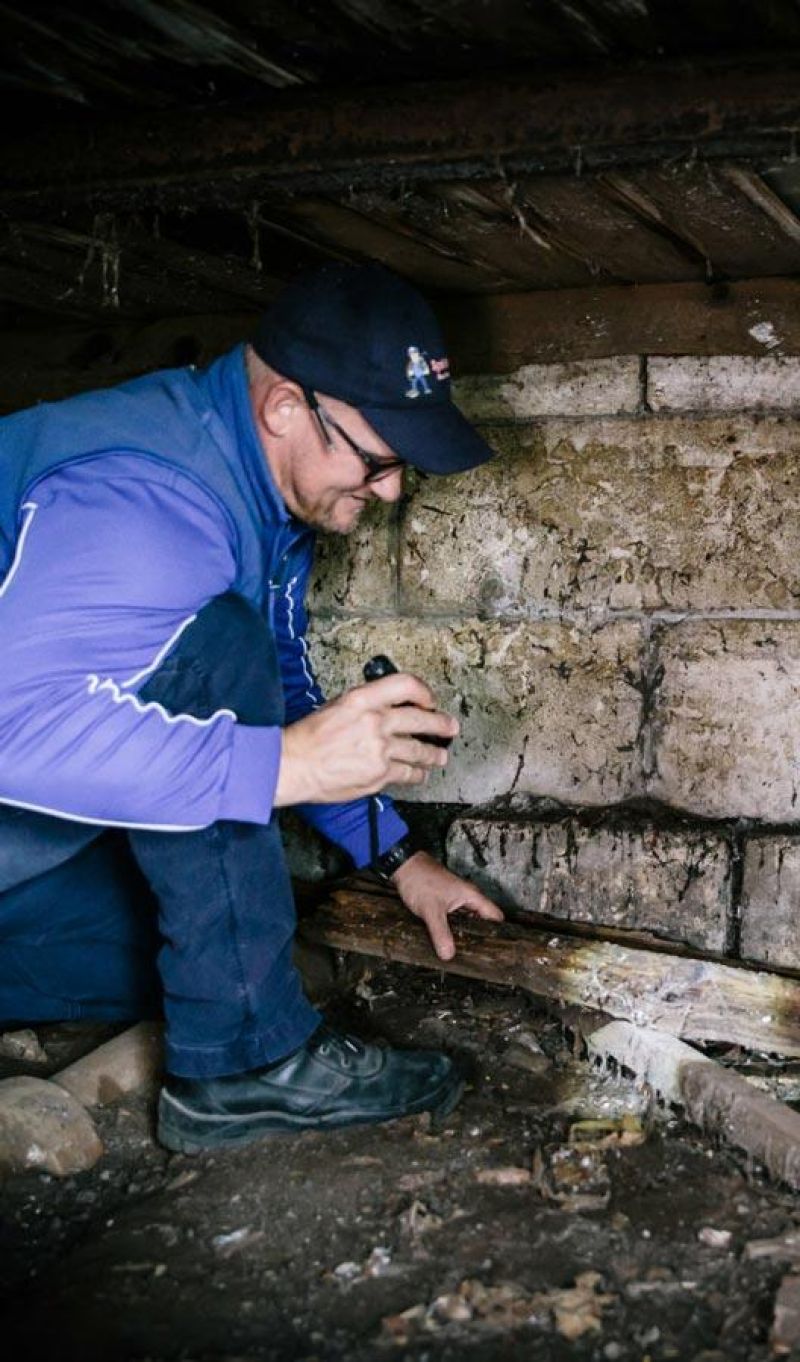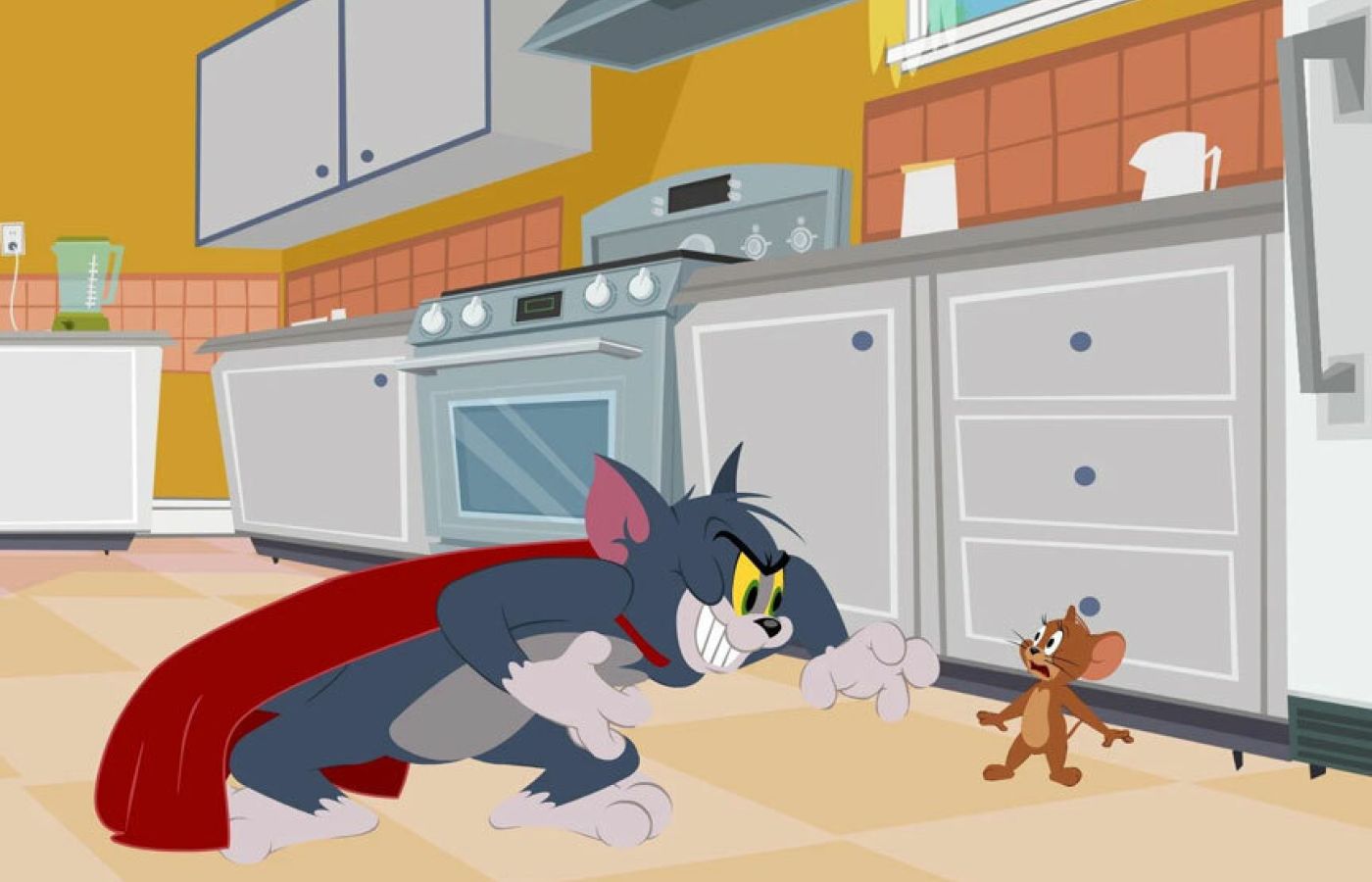
Just like Tom's endless pursuit of clever little Jerry, when it comes to rodent control around the house, a pet cat is not a complete solution for keeping mice away.
Your pet cat may have purrr-fected mouse hunting, but that does not mean they can keep a rodent infestation under control. Cats are indeed great at deterring rodents, and they are also great at letting you know that you have a mouse in the house. But they come up short when it comes to preventing and controlling rodents.
As the saying goes, while the cat's away, the mice will play. Here are five reasons you shouldn't leave the cat in charge of keeping mice away.
#1 Not all cats are hunters
Cats are clever (and a little lazy). They may have hunting instincts, but a well-fed cat knows it doesn't have to hunt to survive. They know they can very easily live their best life lazing in the sun while the well-trained human serves up delicious, regular meals.
There is no doubt that some cats are mouse-hunting professionals. But others prefer to chase and play with mice rather than hunt them, others are entirely disinterested, and some are even scared of mice.
#2 Cats can't reach nesting areas
Your cat may chase a mouse out of sight, but that does not mean it (and all his mates) have left the building. Mice love nesting in small nooks and crannies that your cat can't access, like roof spaces, wall cavities, cupboards, and sheds.
Rodents are not as silly as they might look, and they will quickly learn that they can avoid the cat by travelling through your walls. To make things worse, rodents that die inside the walls do not smell great and can be hard to remove.
#3 Rodents reproduce really, really, quickly
Did you know that a female mouse can have a litter of four to twelve babies every three weeks? Rodents reproduce so quickly that it would take several very hungry, very good mouse-hunting cats to keep a mouse infestation at bay.
#4 Mice can be a risk to your cat's health
Hunting rodents can make your cat sick. Mice and rats carry all sorts of nasty parasites, ticks and fleas that can be passed on to your cat. Some of these nasties can then be passed on to humans the next time the cat comes in for a cuddle.
#5 Cats aren't handy
Even if your cat is a great hunter, they're probably not great with a toolbox. If you have rodents in your house, they are likely getting in through small cracks that need sealing up. This is a job for someone with opposable thumbs and a toolbox.
So, how do you get rid of rodents?
You call the professionals! A trained pest technician can identify if you have a rodent problem, what types of rodents they are and how they get in. Then, they can lay safely secured bait traps in strategic areas to stop them in their tracks.
You can also do a few things around the house yourself to stop rodents from invading your home:
- Make sure window and door screens don't have any tears or holes in them
- Check the area where pipes enter the walls and make sure there are no gaps
- Keep your kitchen and pantry clean, and store food in containers with tight-fitting lids
- Give the shed a good clean and tidy, and get rid of any cardboard lying around
- Trim back trees and shrubs near your home to reduce shelter for rodents
Don't leave the cat in charge of rodent protection whatever you do!
If you think rats or mice have moved into your home, give us a call. Our rat and mouse treatments are safe and effective for the whole family, including pets. We'll evict your unwanted guests in no time.
Our rat and mouse treatments are safe and effective for the whole family, including pets. We'll evict your unwanted guests in no time.
If you think rats or mice have moved into your home, give us a call.

